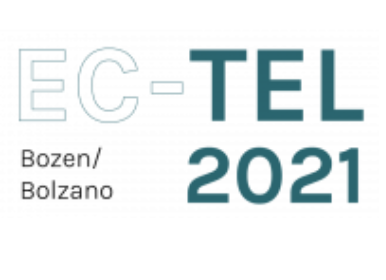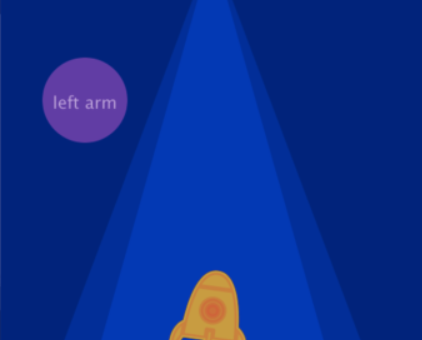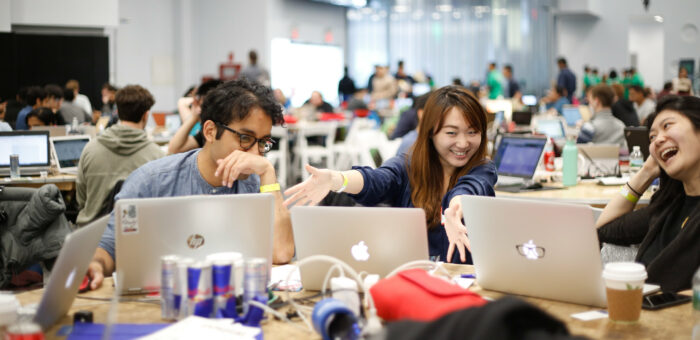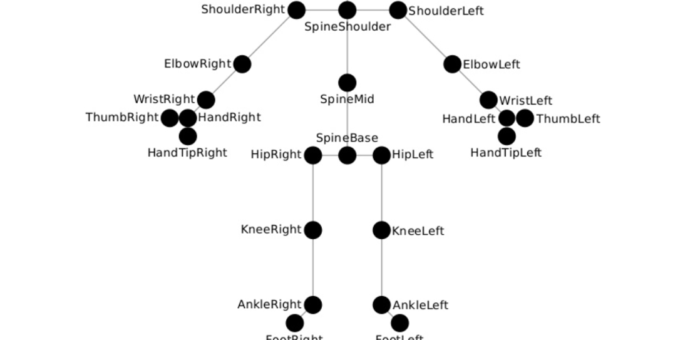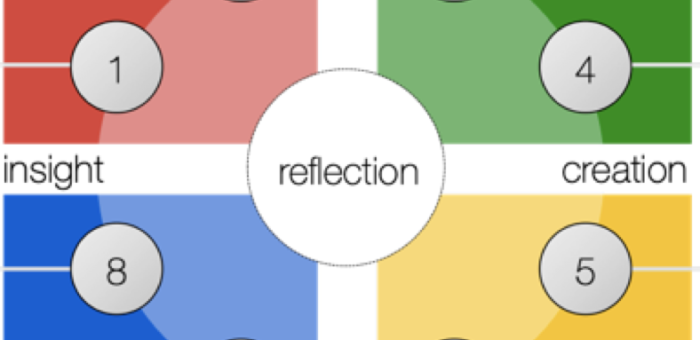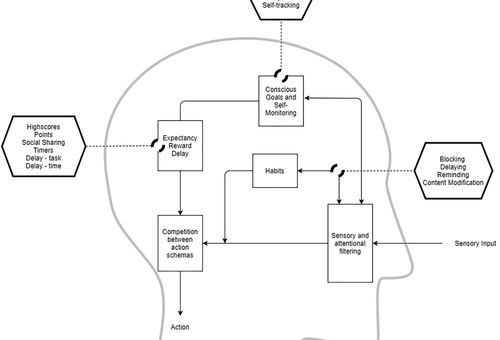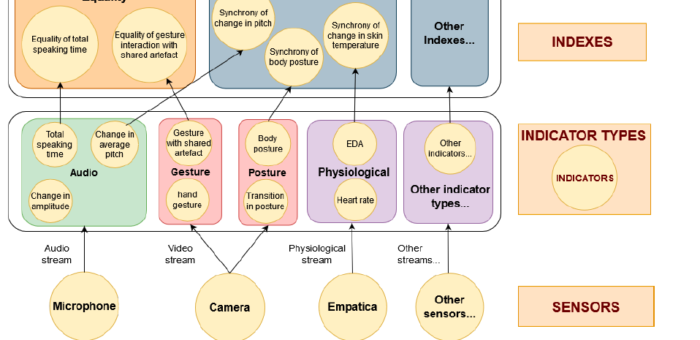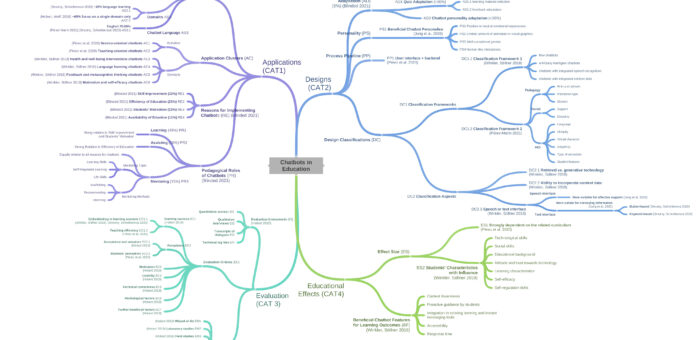
New Pub: Social Presence: Conceptualization and Measurement
Social presence is an important and well-established construct for learning scenarios that make use of online-based technology to mediate learning activities and communication among students. Researchers and practitioners refer to social presence to better understand the socio-emotional dimension of these learning scenarios and/or improve the quality of the experience. However, many researchers in the past have pointed to the shaky foundation that is the conceptualization and measurement of social presence. In other words, there is no agreement on what social presence actually *is* and, consequently, how it should be measured. This makes it difficult to cumulatively build on prior research, possibly explaining the conflicting findings and the rather slow progress this field of research has been making. Our publication in Educational Psychology Review, authored by Karel Kreijns, Kate Xu, and…

